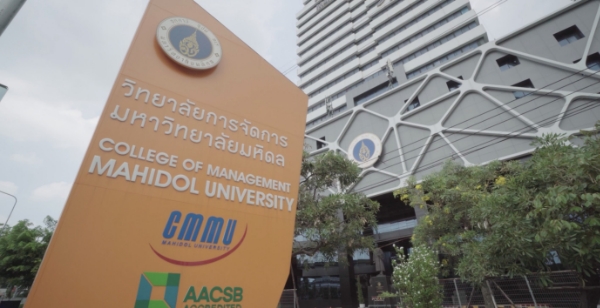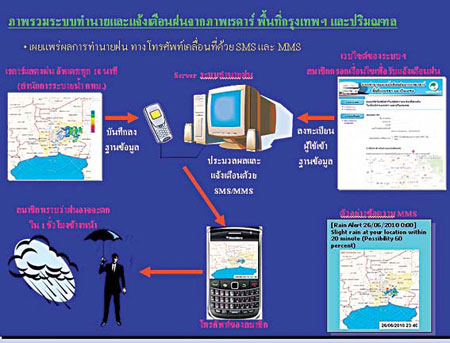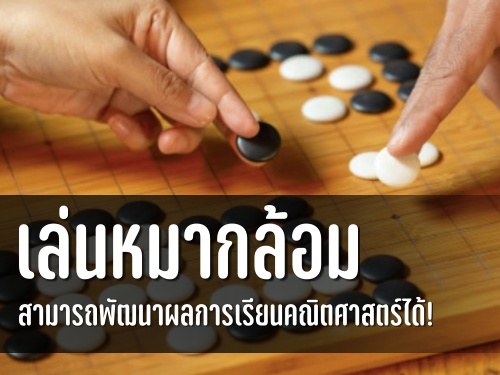Title: The Development of Learning Instructional Model Based on Task-Based Learning (TBL) and Problem-Based Learning (PBL) to Enhance Critical English Reading Ability
Researcher Miss Denduang Boutonglang
Institution Sikhiu Sawadphadungwittaya School,
Nakhonratchasima Provincial Administrative Organization
Academic Year 2020
Purposes of this research were to: 1) study current conditions and problems of instruction to enhance Mathayomsuksa 3 students critical English reading ability; 2) develop instructional model based on Task-based learning (TBL) and Problem-based learning (PBL) to enhance Mathayomsuksa 3 students critical English reading ability; and 3) study the efficiency of the developed instructional model. Population of the study was comprised of 32 teachers of English teaching Mathayomsuksa 3 from 11 schools within school zone 2 under the jurisdiction of Nakhonratchasima Provincial Administrative Organization and 418 students of Mathayomsuksa 3 from 12 classrooms of Sikhiu Sawadphadungwittaya School. All 32 teachers were surveyed for current conditions and problems of promoting critical English reading skills among Mathayomsuksa 3 students while 5 out of 32 were interviewed. A classroom of 38 students of Mathayomsuksa 3 was observed; 32 were involved in the pilot study; 39 were taught by the researcher for the study of the efficiency of the model; and another 39 were taught by co-researcher for the approval of the efficiency of the model. Research instruments include: 1) instructional handbook based on the model; 2) test of critical English reading ability; 3) questionnaire survey of students satisfaction after joining learning activities based on the model; and 4) questionnaire survey of teachers opinions toward the model. Statistics employed for data analysis include percentage, average, standard deviation, and t-test for one-sample test.
Findings were as followed:
1. The study and analysis of basic information about conditions and problems of promoting critical English reading ability among Mathayom 3 students revealed that there were some problems related to the promotion of critical English reading ability among Mathayomsuksa 3 students that need to be solved, overall, at the high level. Identifying definition of critical English reading behavioral indices included ability to distinguish facts and opinions, ability to understand the main idea and the authors purpose, ability to identify and evaluate reliability of data source, and the ability to reason and to infer. As for guidelines for the development of critical English reading ability among Mathayomsuksa 3 students, it showed that instruction of critical English reading should be meaningful for learners by promoting a variety of learning activities through hands on experience that allows students to construct their own body of knowledge facilitated by teachers. This is to accommodate individual differences so they can develop their critical English reading ability efficiently by using challenging activities to motivate students participation to achieve the goal by themselves. Constructivism Theory, Deweys Learning Theory, Piagets Cognitive Development Theory, Vygotskys Sociocultural Theory, Task-based Learning (TBL), and Problem-based Learning (PBL) were proposed for applying to the development of critical English reading ability among Mathayomsuksa 3 students.
2. By designing and developing the instructional model based on Task-based learning (TBL) and Problem-based learning (PBL) to enhance critical English reading ability, it revealed four elements including 1) principle of the model; 2) objectives of the model; 3) steps for providing learning experience; and 4) evaluation. Learning experience consists of 4 steps namely Understanding the problem (U), Exploring the task (E), Analyzing sub-skills (A), and Conclusion, evaluation, and reflection (C) which were ranked by the experts at the very appropriate level.
3. The study of the efficiency of the model showed that: 1) Mathayomsuksa 3 students who were taught using the model scored statistically higher on the posttest than the required criteria of 75% at the .01 significance level; 2) their satisfaction toward the instructional model was at the very satisfied level; and 3) Mathayomsuksa 3 teachers opinions toward the model is at the very appropriate level.
Keywords: Scientific learning experience / Basic scientific skill / Mathayomsuksa 3 / Mathayomsuksa 3 / Instructional model


 ค้นหาทุกอย่างในเว็บครูบ้านนอก :
ค้นหาทุกอย่างในเว็บครูบ้านนอก :































